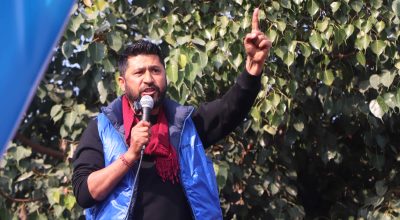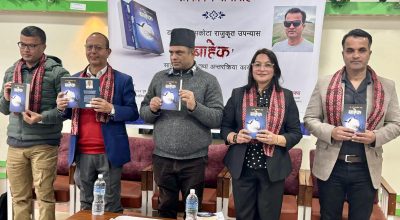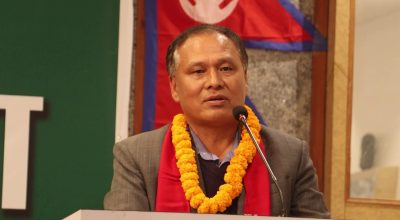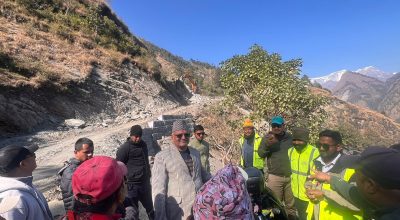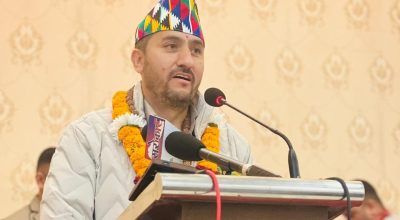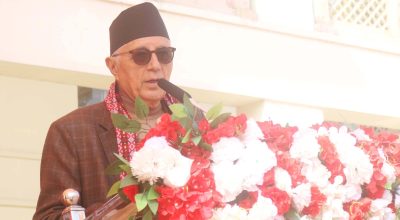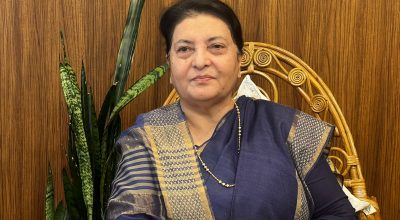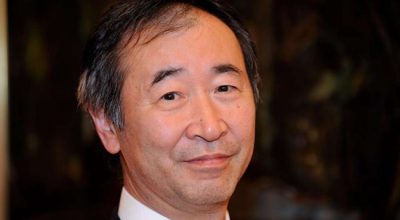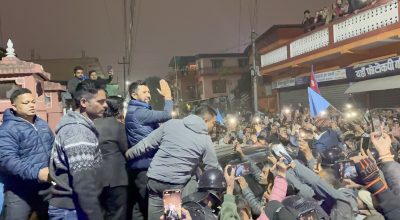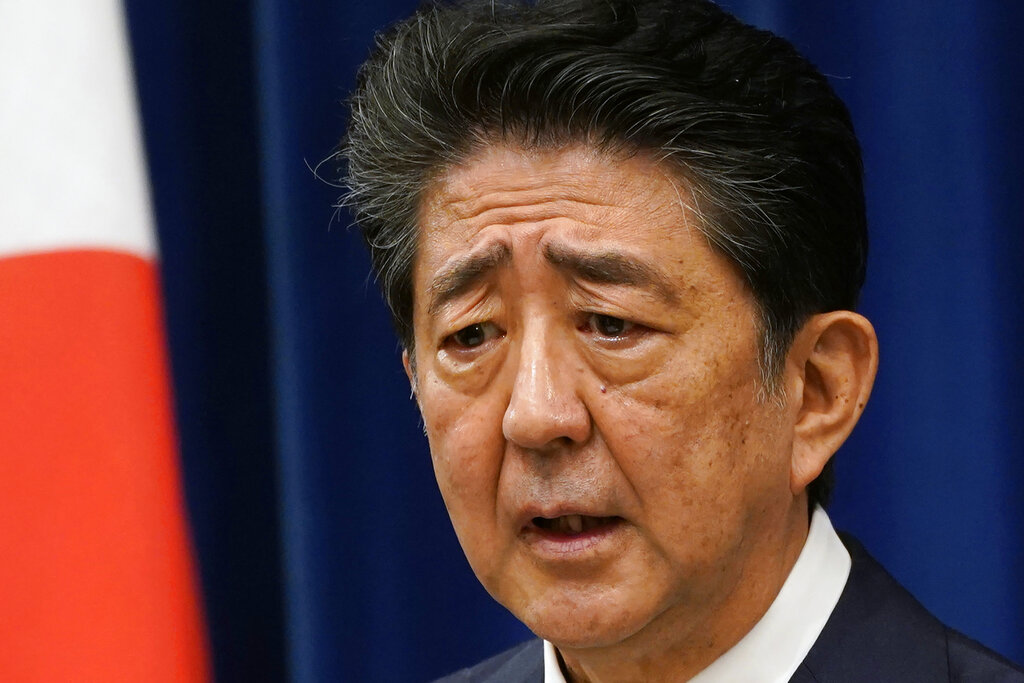
TOKYO, July 8 (Reuters) – The assassination of former Prime Minister Shinzo Abe on Friday stunned and saddened people in a country where firearms are strictly regulated and political violence is extremely rare.
Abe was fatally shot while giving a campaign speech on a street corner in the western city of Nara. His death was announced later in the day.
From Prime Minister Fumio Kishida, a protege of Abe, to ordinary people on social media, there was an outpouring of grief. The last time a former or sitting prime minister was killed was nearly 90 years ago.
“I am incredibly shocked,” Tokyo Governor Yuriko Koike told a regular news conference after the shooting and before Abe’s death was announced, fighting back tears and sniffling audibly. “No matter the reason, such a heinous act is absolutely unforgivable. It is an affront against democracy.”
Koki Tanaka, a 26-year-old IT worker in downtown Tokyo, voiced a similar view: “I was simply astonished that this could happen in Japan.”
Newspapers produced special editions and Japanese television repeatedly broadcast footage of the shooting, showing Abe talking energetically into a hand-held microphone surrounded by political banners until there came the sound of a gunshot, followed by another.
Japan’s gun-ownership restrictions do not allow private citizens to have handguns, and licensed hunters may own only rifles. Gun owners must attend classes, pass a written test and undergo a mental health evaluation and a background check.
Shootings, when they occur, typically involve “yakuza” gangsters using illegal weapons. In 2021, there were 10 shooting incidents, eight involving gangsters, according to police data. One person was killed and four wounded.
Police arrested a 41-year-old man after the attack on Abe and said later the suspect carried out the shooting with a home-made gun.
Japan has had mass killings, but they usually have not involved guns.
In 2016, 19 residents of a facility for mentally disabled people were murdered in their beds by a knife-wielding assailant, while in 2019 34 people were killed in an arson attack on an animation studio.
Attacks on politicians, though, are unusual. There have been only a handful in the last half century, most notably in 2007 when the mayor of Nagasaki was shot and killed by a gangster – an incident that resulted in still further tightening of gun regulations.
The last time a former prime minister was killed was in 1936 during Japan’s pre-war militaristic buildup, one of a series of similar assassinations.
The suspect in Abe’s shooting is a former member of the Japanese military, according to media reports. Defence Minister Nobuo Kishi, Abe’s brother, declined to comment on those reports.
Responses to the shooting flooded social media, with “Abe-san” the top-trending topic on Japanese Twitter by afternoon.
“I can’t stop shaking. This is the end of peaceful Japan,” wrote Twitter user Nonochi.
“There’s plenty of politicians I’d like to see disappear, but assassination is inconceivable. It’s the beginning of the end of democracy.”





